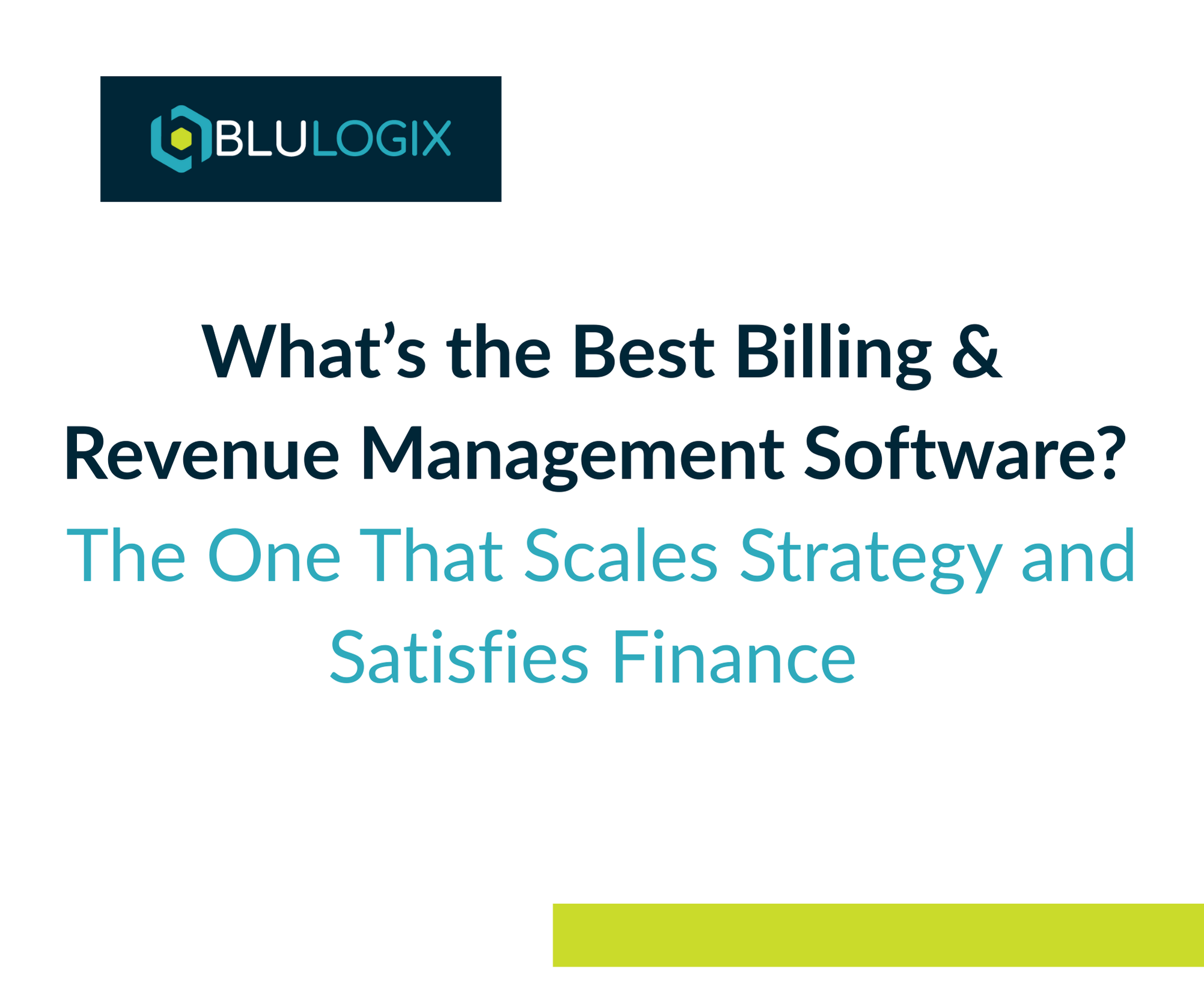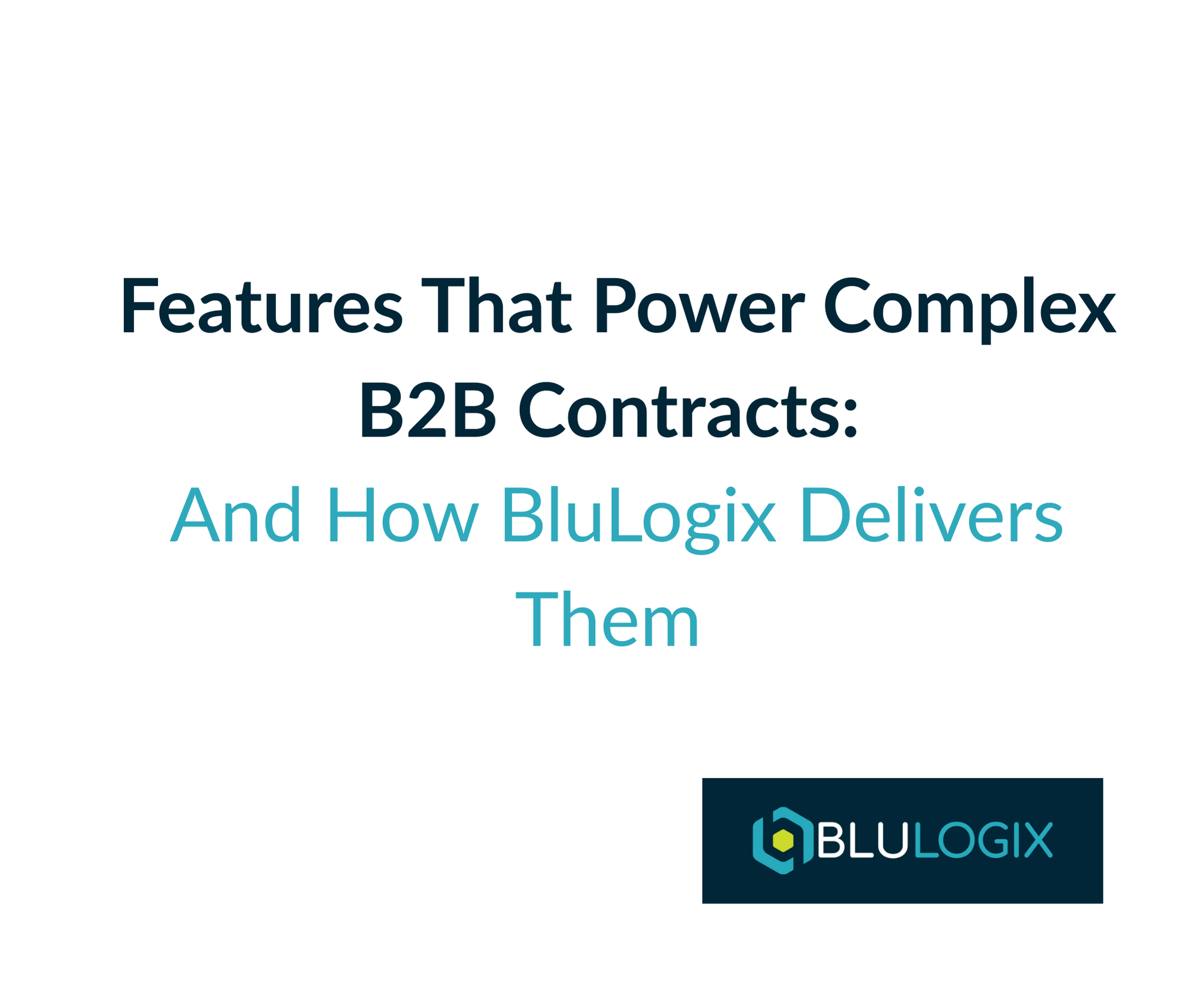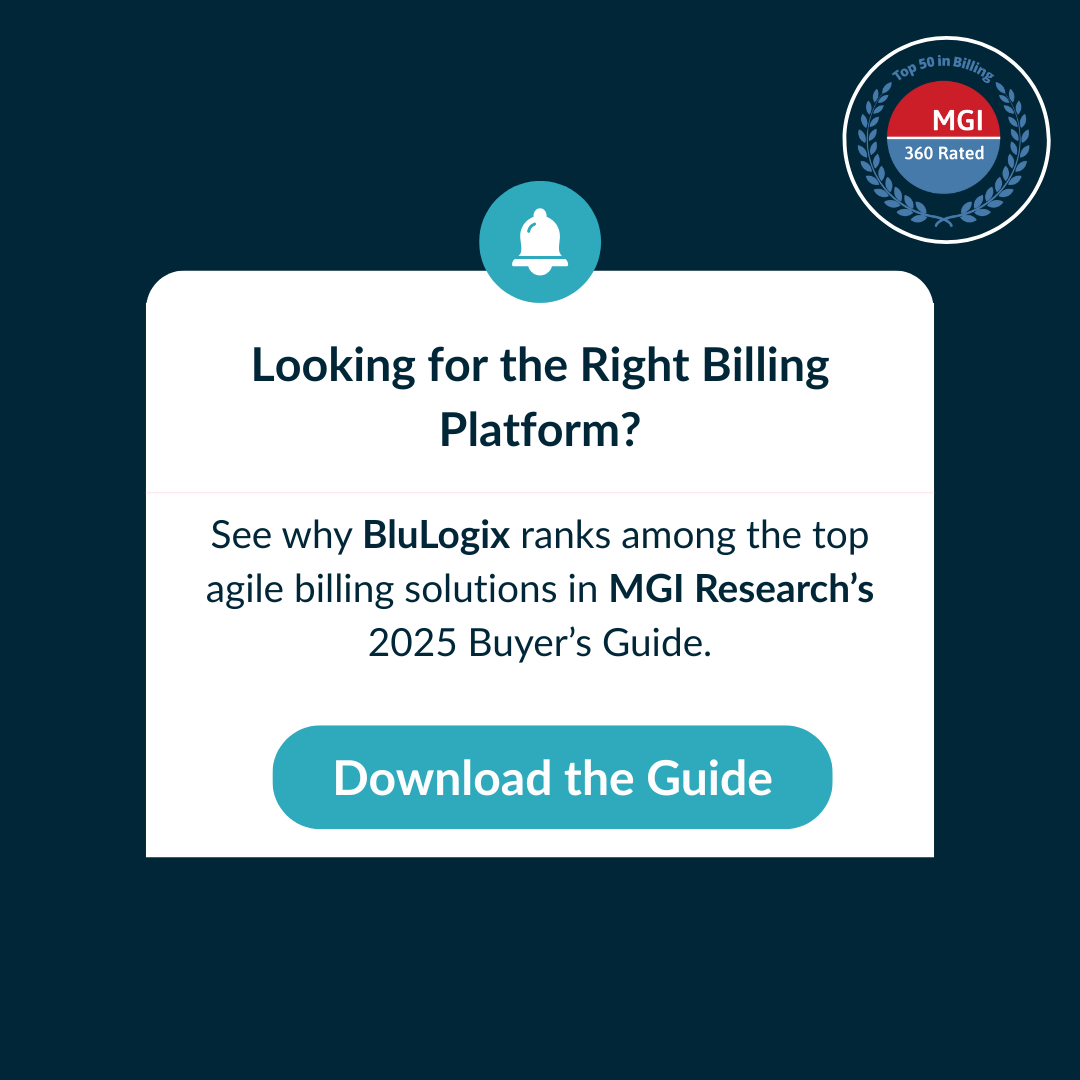How Complications with Data Mediation Keep Your From Implementing Usage Based Pricing Strategies
Data mediation complications arise when businesses have to manage and integrate diverse data from multiple sources and formats, a common scenario in complex B2B environments. This challenge is particularly acute for companies with extensive service offerings that span various platforms and geographic locations, leading to inconsistencies and errors in billing data. Properly mediating this data is crucial for accurate billing and timely revenue recognition
Sign #3 that you may be outgrowing your billing process: Complications with Data Mediation
Click here to read all “11 Signs You Need a Better Recurring Revenue Billing Process” Now
- Sign: Struggling to handle data from multiple sources and formats.
- Impact: Impacts billing accuracy and delays in revenue recognition.
- Solution: Utilizing advanced data mediation tools to harmonize data input and simplify the billing process.
Take your business further with BluIQ’s flexible, scalable, enterprise-grade intelligent billing solutions.
Examples:
Multi-Source Integration:
An international cloud services provider gathers usage data across different systems and regional offices. The disparate data, ranging from API calls to server logs, must be normalized and reconciled before billing. Without effective data mediation, discrepancies become frequent, leading to billing errors that undermine customer trust and complicate revenue forecasts.
Format Variability:
A digital content distributor deals with data from various content platforms, each using different formats for tracking user interactions and transactions. Mediating this data to ensure that all interactions are billed correctly becomes a logistical nightmare, requiring substantial manual intervention to ensure consistency across the billing cycle.
Real-Time Data Processing:
A telecommunications company needs to process billing data in real-time to apply charges for data usage, calls, and message services. The variety and velocity of data from millions of users worldwide necessitate robust data mediation solutions to ensure that every piece of data is accurately captured and reflected in customer bills.
Impact of Data Mediation Complications:
Ineffective data mediation can lead to significant billing inaccuracies, customer dissatisfaction, delayed revenue recognition, and increased operational costs due to the need for additional resources to manually check and reconcile data discrepancies.
Solution:
To address these challenges, employing advanced data mediation tools is essential. These tools should be capable of:
- Harmonizing Diverse Data Sources: Automatically integrating and normalizing data from various sources to ensure consistency and accuracy.
- Automating Data Transformation: Transforming data into a unified format suitable for billing systems without manual intervention.
- Real-Time Processing Capability: Handling large volumes of data in real-time to support immediate billing and revenue recognition.
Implementing a sophisticated billing platform that includes powerful data mediation capabilities can significantly streamline the billing process. By automating the ingestion, transformation, and consolidation of data, BluLogix ensures that all billing information is accurate and up-to-date, enabling businesses to recognize revenue promptly and maintain high levels of customer satisfaction.
Take your business further with BluIQ’s flexible, scalable, enterprise-grade intelligent billing solutions.
Learn more

What’s the Best Billing & Revenue Management Software? The One That Scales Strategy and Satisfies Finance

Features That Power Complex B2B Contracts — And How BluLogix Delivers Them



